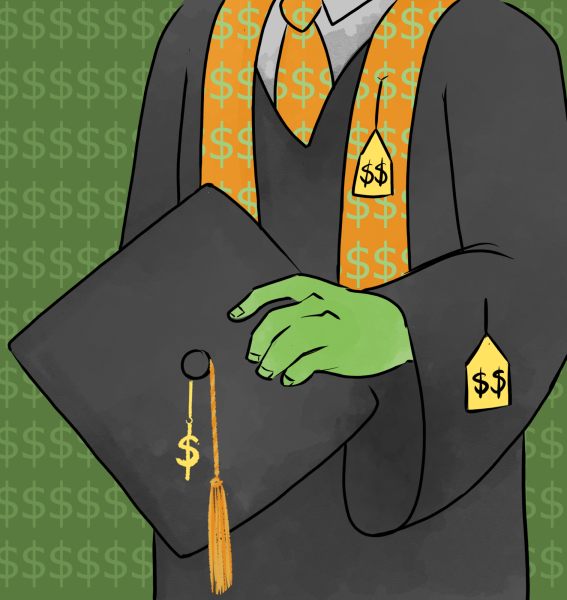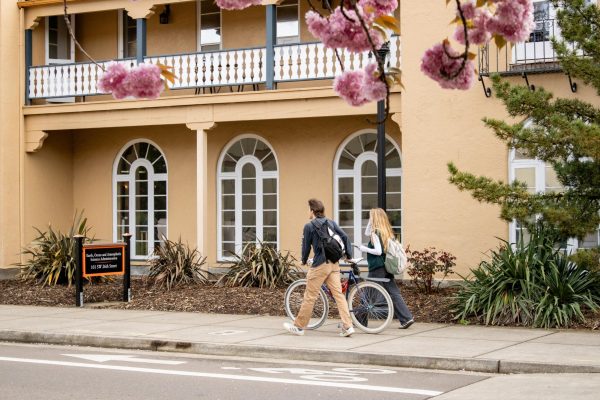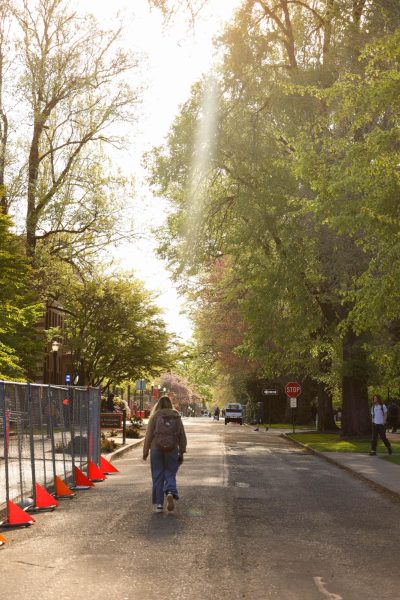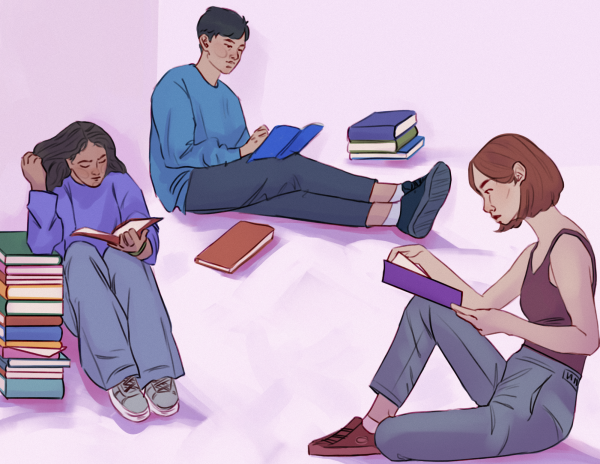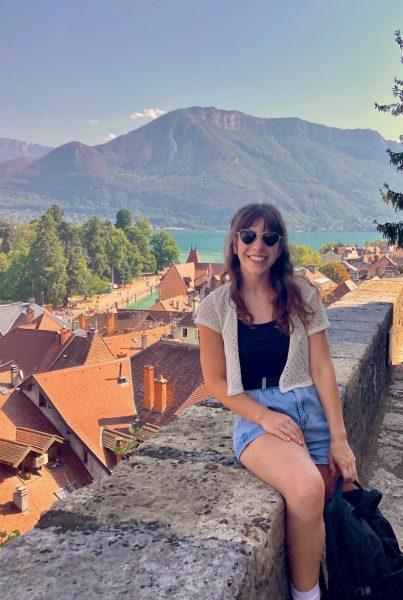Rural protests actually represent marginalized communities
February 3, 2016
Over the course of the Bundy standoff at the Malheur National Wildlife Refuge, most of the talk in the news, on social media and in private conversations here on campus has focused on the sensationalized aspects of what is happening in Burns, Oregon.
Attempts to discuss the underlying issue behind the standoff are generally met with a dismissive and superficial I-skimmed-some-articles-on-Wikipedia sensibility that seems to question what all the fuss is about. By extension, it is assumed that anyone who disagrees with current land-use policies must be as extreme as the Bundys. But beyond the issue of grazing rights on federal land, the Bundy standoff brought to light a larger issue which has generally remained unspoken: rural Oregonians and rural Americans as a whole are one of the most under-recognized minority groups in this country.
Although this may seem overstated, consider how rural Americans align with the common traits of minority groups: they make up a small portion of the U.S. population (just over 19 percent according to the 2010 census) and are the target of stereotypes that often diminish the issues affecting them.
I grew up in Eastern Oregon. Upon first moving to Corvallis, I began to see Oregon’s sharp urban-rural divide. This split became more apparent during my short stint working at the Oregon Capitol. There I saw opinions expressed and policies implemented that failed to take into consideration how the lives of those living outside of metropolitan epicenters could be adversely affected. Their small numbers and isolated locations make them nearly invisible to policy makers.
At Oregon State University, I’ve been taught the importance of standing up for those who have no voice and to recognize how apathy and lack of recognition can cause harm. And I agree: to ridicule, blow-off or marginalize any group of people and their plight is bigotry and should not be tolerated.
So why is it that no one bats an eye when someone assumes that these Burns protesters are “clinging to their guns and Bibles” or dismisses the issues affecting them as “farmer problems” or ignores how current laws and government policies are harming their way of life?
I am not attempting to downplay the oppression faced by other minority groups. Their issues are very real and should be taken very seriously. But so are the issues facing the people in rural communities.
Unfortunately, my advocacy for rural America carries its own negative connotations.
And that’s part of the problem.
I recognize that some might see my spotlight on the injustices against rural Americans as a defense of a group of people losing their white privilege. But consider the fact that rural America consists of individuals of all races, religions, sexual-identities and social classes. All of these groups are adversely affected by the marginalization of rural issues.
I am a proud person of color. I am proud of the progress this nation has made in protecting the rights and dignity of those whose are oppressed. But as we make gains for certain minority groups, I worry that we have left another behind.
I hope that in the future we can look objectively at the core issues of what’s happening in Burns and places like it rather than marginalizing them with apathy and stereotypes. Otherwise, I fear that after the story of “crazy rednecks getting what’s coming to them” plays itself out, we will forget about the citizens of rural locations. They will be left to pick up the pieces, having been typecast as insignificant and unworthy of consideration in the greater political landscape, while those who take part in their marginalization are allowed to do so without fear of public outrage.
Garrett Kitamura is an English student and guest columnist for The Daily Barometer.















































































































